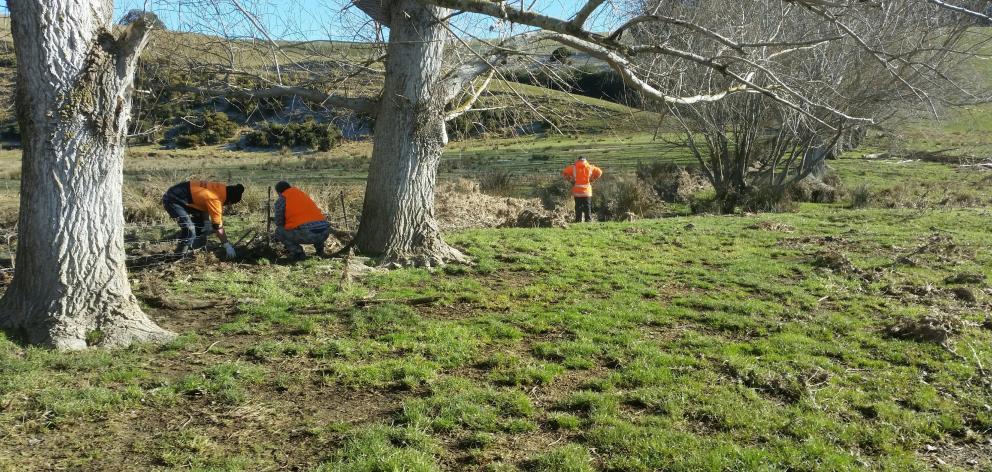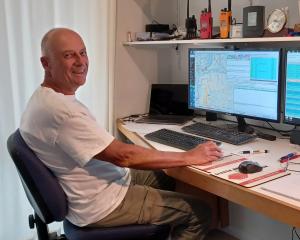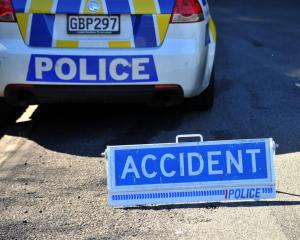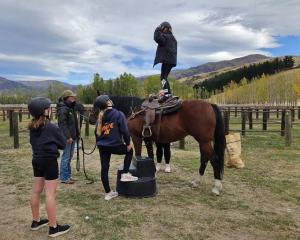
In Otago 827 offenders carried out a total of 75,967 hours of work, almost 60,000 being completed in Dunedin and 16,163 in Oamaru and Timaru. Southland and Central Otago had 59,350 hours of free labour from 667 local offenders.
Corrections Otago district manager Raymond Clark said the work done by community work teams could make "all the difference" to local not-for-profit groups and organisations. It also provided an opportunity for offenders to give something back to their communities.
Projects undertaken generally involved work such as local recovery support after floods and fires, ongoing development, supporting the build of the new Signal Hill bicycle track and maintenance and beautification of public walkways, bike tracks, parks, schools and other community facilities and spaces.
In Dunedin, offenders undertook a wide range of projects, including the building of tracks and weeding and planting native plants at Sinclair Wetlands.
One offender used his carpentry skills to build useful items such as signs, a case to hold safety glasses and a boot stand.
Offenders on community work were also used to help clear branches, mud and rocks from more than 20 Waitahuna Valley and Tuapeka West farms left with sodden, muddy paddocks, slips and debris piled against fence lines after torrential rain last July.
Central Otago work teams supported the Wanaka Fish and Game waterway project to revitalise the former Fish and Game hatchery. And they cleared invasive shrubs in the Wanaka wetlands and helped revitalise jumps at the Dunstan Equestrian Centre.
Some new agencies had started managing community work offenders in Central Otago, the Mokihi Trust and Cromwell Rotary Clubs working on revitalising walking tracks in the Cromwell and Clyde area.
Community Corrections also worked closely with the Department of Conservation across Southland and Central Otago, the partnership providing labour for beautification and maintenance projects in popular local community and tourism spots.
Work teams spent three weeks at Piano Flat last October rebuilding and reconstructing part of the historic water race, the only known operational water race in Southland.
And Gore offenders have been working with the Waimea Plains Railway Trust in a long-term project partnership to renovate and rebuild the Waimea Plains Railway, recreating the railway operation of the 1880s, with locomotive, carriages and rail equipment such as points and turntable. And Invercargill offenders had been working with wooden pallets to create furniture for local schools, a project Invercargill Corrections service manager Lou Avia described as beneficial both to the schools and the workers, who were becoming more confident in their potential and learning new skills.












